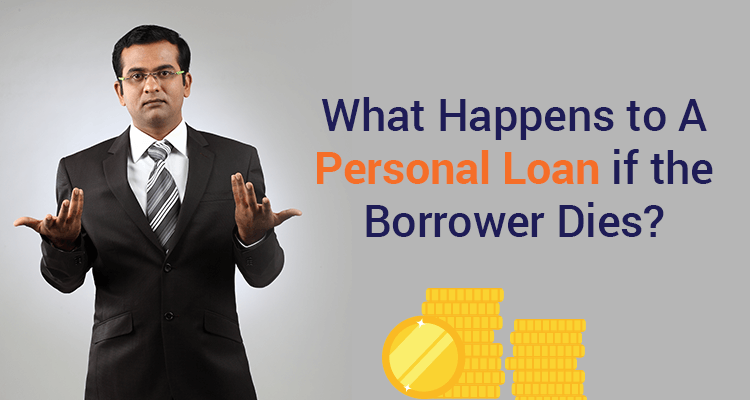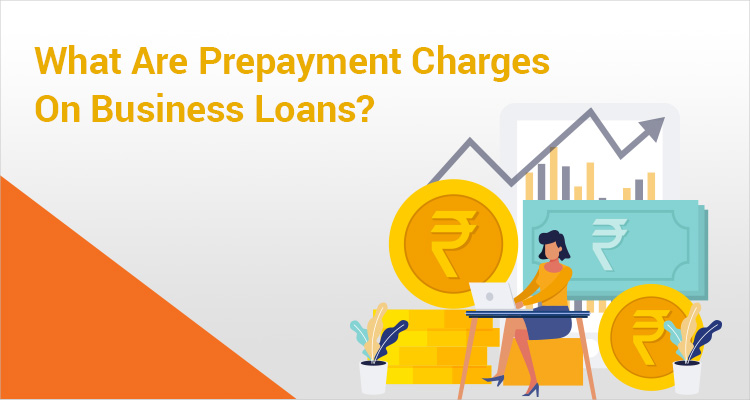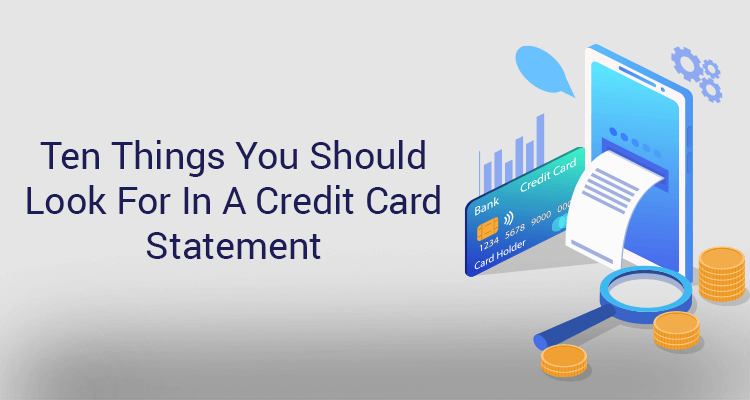What Happens To A Personal Loan If The Borrower Dies?
Table of Contents
Every person who borrows money from a bank or a non-banking financial company (NBFC) must not only repay the money within a stipulated period but also pay interest.
Unfortunately, sometimes borrowers pass away in the middle of their loan repayments. Depending on the type of loan, the lender has some recourse. They can take possession of the asset furnished as security by the borrower if the money has been advanced against an asset, such as a motor vehicle in the case of an automotive loan or a real estate property in the case of a housing loan. As an alternative, the legal heirs who receive the deceased possessions may also have to pay their debts.
Personal loans do not need any collateral, so this comfort is not available. So what happens when a borrower dies with a personal loan? Who is responsible for repayment? Let’s find out the answers to these questions in this article.
After A Borrower Dies, How Can Lenders Recover Their Personal Loans?
Unlike secured loans, lenders can't demand repayment of an outstanding personal loan amount from the legal heir or other survivors of a deceased borrower. Physical property cannot be seized and sold to recover funds from this credit since there is no collateral.
In such a scenario, typically, lenders add the outstanding balance to their NPA (non-performing asset) account after writing off the outstanding balance.
But what if the personal loan had a co-borrower?
The co-applicant is responsible for the remaining outstanding balance of a personal loan if one of the co-applicants dies. Typically, this is the case when a husband and his wife take out a personal loan together, either to increase the borrowing amount or to assuage a lender by bringing in a co-applicant with better creditworthiness.
In the unfortunate case where both co-borrowers meet with an accident and die, the lender has no other recourse.
The Procedure For Repaying Personal Loans After A Borrower's Death
Now that we have learned what a lender does with a personal loan after a borrower dies in the middle of a repayment period, the borrower's family should also understand what to do. This includes:
• Notifying the lender of the borrower's death
• Inquiring about the outstanding loan amount and requesting the lender to settle it
Then, the lender will check the following:
• If the borrower is insured and if there is a co-applicant
• Lenders will initiate NPA (non-performing asset) proceedings if personal loans are only in the borrower's name
Frequently Asked Questions
Q1. What happens if a borrower dies before paying off their secured loan?
Ans. If the borrower dies before the repayment period is complete, the lender can ask the heirs for repayment, or take the security provided as collateral into possession and resell them in order to recover the money.
Q2. Does a co-applicant have to repay a personal loan if the borrower dies?
Ans. Yes, if the primary borrower passes away, the co-applicant must pay off the loan.
Disclaimer : The information in this blog is for general purposes only and may change without notice. It does not constitute legal, tax, or financial advice. Readers should seek professional guidance and make decisions at their own discretion. IIFL Finance is not liable for any reliance on this content. Read more




